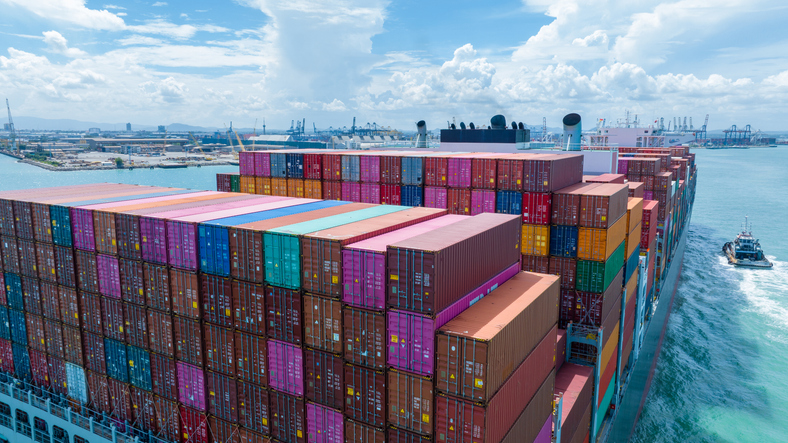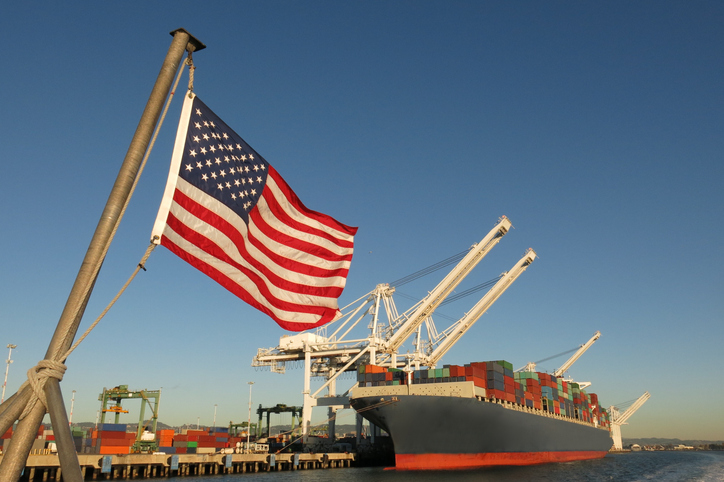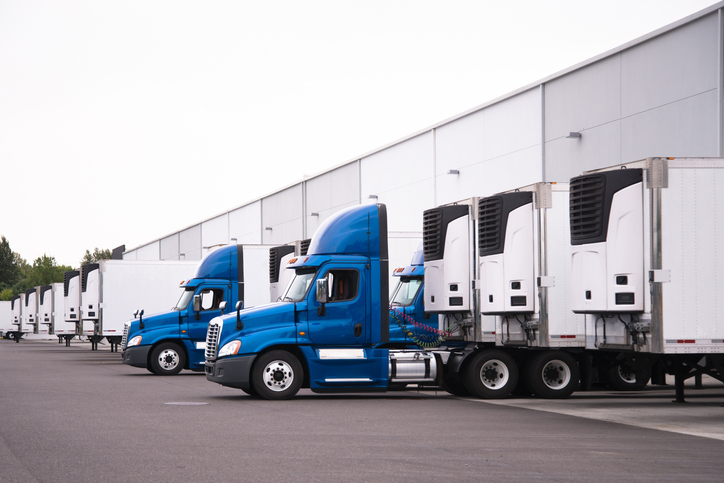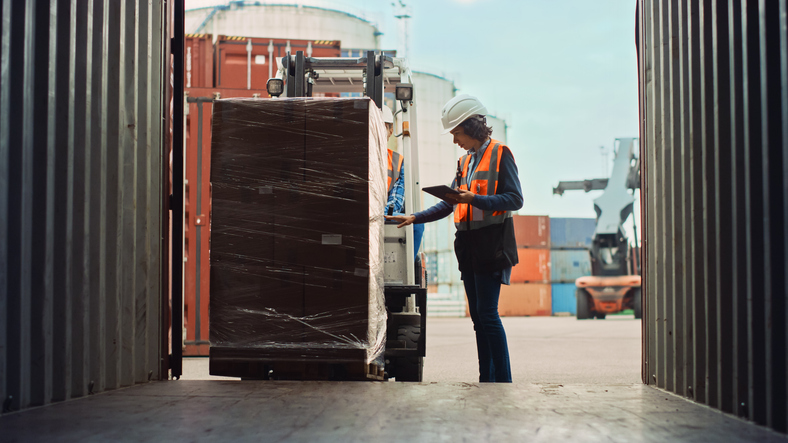
The Weekly Roar
In this week’s Roar: The US-China tariff war, surging imports, the ATA truck tonnage index, a port strike in India, and a deep-dive on AI in the logistics industry.
The ongoing U.S.-China tariff war is impacting importers, particularly in relation to rising supply chain costs. New tariffs on Chinese goods, including electric vehicles (EVs) and solar panels, have led to higher prices and increased competition in the cargo space, as buyers try to ensure their goods arrive before the new tariffs take effect. This is pushing some businesses to look for alternative supply chains outside of China, but there are challenges associated with moving production lines, such as high costs and a scarcity of raw materials. Additionally, the stability and security of a new supply chain are uncertain, as trade policies can change at any time.
 The port complex of Los Angeles and Long Beach is processing import volumes near pandemic-era highs. However, unlike the disruptions that were experienced through COVID, ports are handling the influx efficiently. Back-to-school shopping, holiday shopping, and the potential for tariff increases on Chinese goods are driving demand. Additionally, concerns about a possible dockworkers’ strike have led to increased inventory building. Overall, ports are demonstrating resilience and efficiency when it comes to handling the current surge — a surge that may wane depending on economic conditions and policy changes.
The port complex of Los Angeles and Long Beach is processing import volumes near pandemic-era highs. However, unlike the disruptions that were experienced through COVID, ports are handling the influx efficiently. Back-to-school shopping, holiday shopping, and the potential for tariff increases on Chinese goods are driving demand. Additionally, concerns about a possible dockworkers’ strike have led to increased inventory building. Overall, ports are demonstrating resilience and efficiency when it comes to handling the current surge — a surge that may wane depending on economic conditions and policy changes.
The American Trucking Associations (ATA) Truck Tonnage Index for July reports an 11% increase when compared to June, suggesting a steady recovery in freight demand after a slow start earlier in the year. Having said that, the index is still down 3% when compared to July 2023, indicating ongoing challenges in the trucking industry. ATA Chief Economist Bob Costello underscores that while the increase is a positive sign, the year-over-year decline reflects a still-volatile freight environment.
Indian port workers have called for a strike starting August 28, demanding higher wages and pension benefits. The strike would involve around 20,000 workers and comes after failed negotiations despite seven meetings since a wage committee was formed in March 2021. A strike lasting even just a few days could disrupt global trade by worsening congestion at Asian and European ports.
Artificial intelligence (AI) is hoping to revolutionize logistics by enhancing efficiency, reducing costs, and improving decision-making processes. AI technologies like machine learning, robotics, and data analytics are optimizing supply chains, predicting demand, and automating tasks such as warehouse management and transportation. It’s also putting companies in a better position to handle disruptions, reduce carbon footprints, and increase overall operational resilience.
For the rest of the week’s top shipping news, check out the article highlights below.









